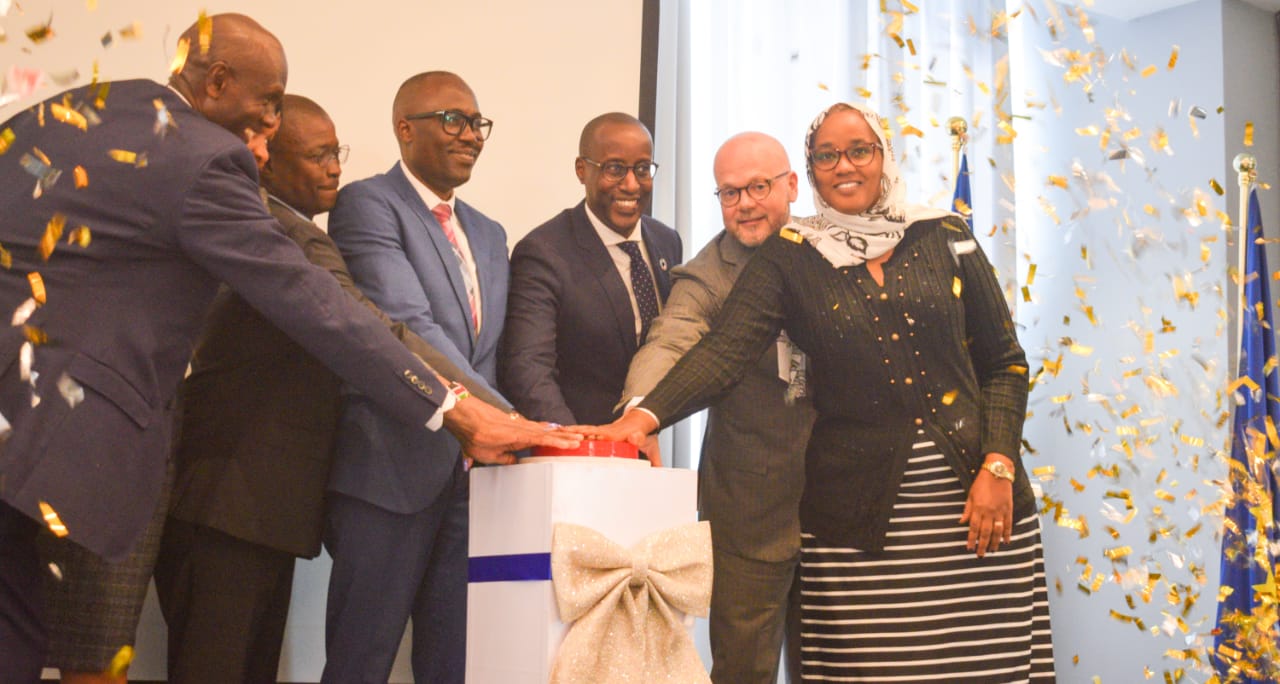By Melisa Mong’ina

The Ministry of Foreign Affairs and Diaspora Affairs has collaborated with the United Nations Development Programme (UNDP), the African Union (AU), and the Government of Sweden on the project dubbed Accelerating the Ratification and Domestication of African Union Treaties.
Speaking in Nairobi during the launch of the Treaty Database, Dr. Abraham Korir Singoei, Principal Secretary of the State Department for Foreign Affairs, stated that the treaty database will enable the state to reinforce its obligations in fulfilling international commitments.
“It is important for the state to assess the totality of its obligations, because sometimes even the state itself is not aware of just the extent to which it is obligated to act. With this database, we reinforce our dedication to fulfilling our international obligations with the utmost integrity,” stated Dr. Korir.
He adds that the database’s user-friendly design and robust functionality will empower diplomats, legal experts, stakeholders, and diaspora to access, analyze, and contribute to the wealth of information housed within its digital walls.
“This project has provided us with an opportunity to implement technical obligations for the state department to put in place an accessible digital depository of all activities,” he added.
The database will enhance efficiency and inclusivity in service delivery and will be an effort to facilitate faster and more efficient access to treaty services by citizens.
Further, Dr. Korir highlighted that the database will also be a beacon of transparency for global counterparts, reinforcing the nation’s commitment to openness and collaboration.
“The database is not only a valuable source of treaty information that will serve as a reference point for our internal stakeholders, citizenry, educational institutions, and all public and private sectors, but also a beacon of transparency for our global counterparts, reinforcing our nation’s commitment to openness and collaboration,” said Dr. Korir.
Dr. Korir also notes that the database is a testament to their commitment to transparency, efficiency, and the modernization of diplomatic processes.
“The work of documenting our obligations annually has proven to be extremely challenging. This treaty database now offers some relief, making it slightly easier as you can track development digitally,” noted Dr. Korir.
The participants at the Treaty Database launch included government officials from ministries, departments, and agencies, along with development partners and other stakeholders.
